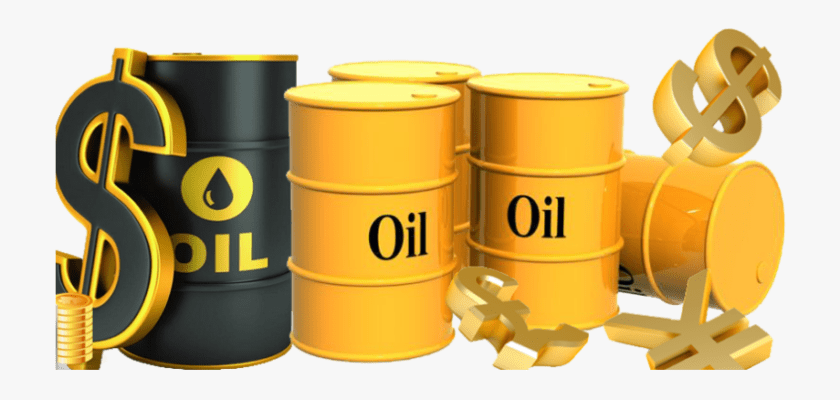The world’s top rating agencies yesterday said the sharp drop in oil prices, if sustained, could cause a wave of sovereign downgrades as well as heavy multi-notch rating cuts to junk-rated oil and gas firms.
Fitch’s top Middle East and Africa sovereign analyst, Jan Friederich, stated that with oil prices dropping as low as $31 a barrel, and likely to stay low, countries from Saudi Arabia, Iraq and Oman to Nigeria and Angola were all in focus.
“Countries that are in a somewhat vulnerable external position and have a fixed exchange rate are of course particularly vulnerable,” Friederich said.
On individual countries, he said Saudi Arabia’s financial reserves and its sovereign wealth fund provided a buffer but that there was not “infinite leeway” in the country’s A (stable) rating for the buffers to disappear.
A continued rise in government debt in Oman “would be a concern” he added, while Nigeria’s B+ (negative) rating could face problems if a prolonged attempt to defend the country’s currency peg ate heavily into its international reserves.
Commodity dependence is most pronounced globally in Angola, Iraq, Suriname and Gabon, Fitch analysis showed and there are a dozen more developing countries for whom commodities exceed 70 per cent of foreign-currency income.
S&P Global, meanwhile, slashed its average Brent oil price assumption for the year to $40 per barrel, warning too that some junk-rated oil and gas firms could face multi-notch downgrades.
S&P had previously expected Brent to average $60 this year. It also cut its forecasts for next year to $50 from $55 and its Henry Hub gas price assumptions for this year to $2 per million British Thermal Units from $2.25 previously.
“It is likely rating actions (for oil and gas production companies) in the investment-grade category could be more severe than during the last cycle,” S&P said, adding that it would review all its exploration and production and oilfield services ratings over the next several weeks.
“For the high-yield segment, in particular, issuers without hedges, those who face upcoming maturities, and are somewhat squeezed on borrowing-base revolving credit facilities will most likely face multiple notch downgrades,” it added.
One of its top sovereign analysts, Frank Gill, also highlighted that no Gulf countries balance their budgets with oil at $40 per barrel and only Qatar and Kuwait do so at $50 a barrel.
“Except in the case of exporters with very low fiscal buffers, what matters is where oil prices settle next year, and that really depends on whether or not the global economy can recover significantly,” Gill said.

